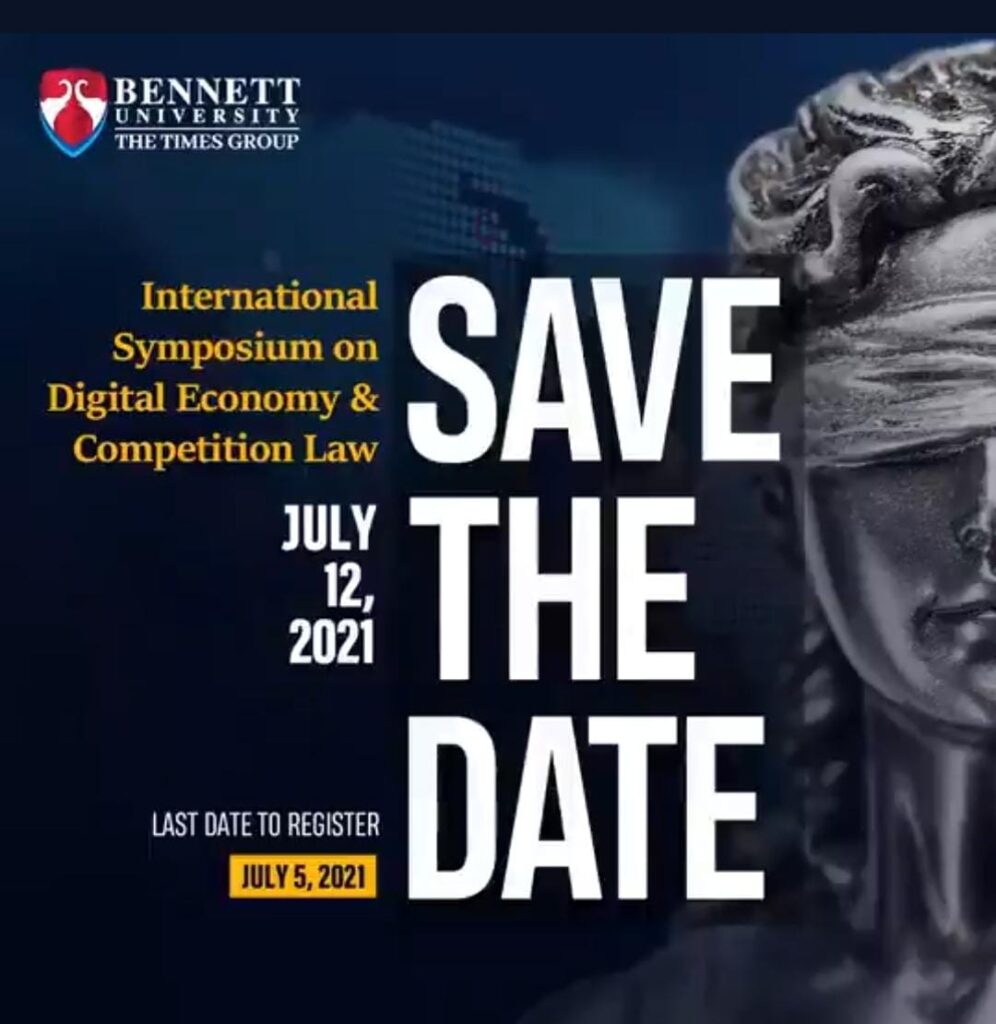The economic theory asserts that expected profits determine entry. However, for digital economies, entry decisions are not driven by (immediate) profits like in traditional sectors. Profits start to pile up once the company is already quite successful (big and maybe already dominant), since in the digital economy turnover and profits are associated with the size. Therefore, the digital industry poses many challenges to antitrust enforcement. In merger control, the major issue is that very often big digital companies acquire smaller, sometimes only potential rivals. Static market power is unaffected because the smaller rival offers its services for free and did not yet develop any turnover, and yet many claims that these mergers should nonetheless be blocked because the smaller rival may have the potential to challenge in the future the market power of the big established digital firms. Abuse of dominance type cases requires extensive analysis of data and of consumption patterns to detect market-wide effects.
A related problem associated with this complexity is that in many jurisdictions, antitrust cases last a very long time and the issues addressed may rapidly become irrelevant or at least not as relevant as originally believed. Finally, big digital companies, often, do not lead to a reduction of consumer welfare in markets where users already pay nothing for quite sophisticated services that they receive.
As a result, to challenge them, a new foundation for antitrust (one that would allow enforcers to consider reductions of total surplus on all sides of the market) would have to be developed, in order to make sure that what is prohibited is indeed (total) welfare reducing. This has led to a globally growing interest and legislative efforts to discipline the market power of the big platforms in the digital economy and in particular, a discussion is underway as to the need to integrate the antitrust toolkit with ex-ante prohibitions to prevent anti-competitive practices by dominant platforms.
About the Symposium
The one-day symposium will discuss the following major themes:
1. What is the Indian experience with antitrust enforcement in the digital economy? What type of practice has been addressed and how successful have been (or could be) the remedies
devised by the Competition Commission (CCI)?
2. Is Indian competition law sufficient to address the challenges associated with the most common anti-competitive practices of the big digital platforms? Pros and cons. Would ex-ante regulation
be necessary and in case what type of institutional structure should be needed?
The Symposium will be organised on 12th July 2021 from 3 pm to 7 pm.
Who should Attend?
Government Officials, Industry Personnel, Lawyers, Policy Makers, Regulators, Academicians and Students.
Symposium Team
- Prof. (Dr.) Nuzhat Parveen
Khan, Dean, School of Law,
Bennett University - Dr. Ashita Allamraju,
Associate Professor,
School of Law,
Bennett University - Mr. Praveen Tripathi
Assistant Professor,
School of Law,
Bennett University - Ms. Swati Bawa
Program Coordinator
Contact Info
Ashita.allamraju@bennett.edu.in (9866692790)
praveen.tripathi@bennett.edu.in
Registration Link: https://lnkd.in/dzQMnWQ
Last Date to Register: July 5th 2021.
Disclaimer: Desi Kaanoon endeavours to publish authentic information from verified organisations. However, we strongly request self-research on the legitimacy of the particular organisation and/or the opportunity before applying or making any monetary transactions.

